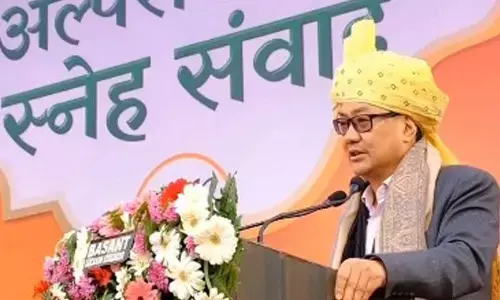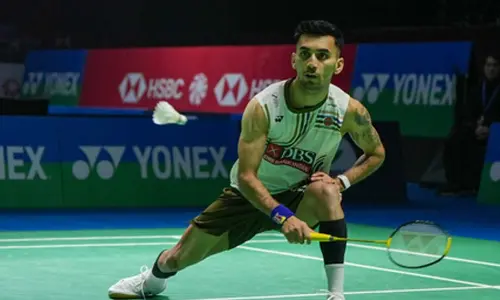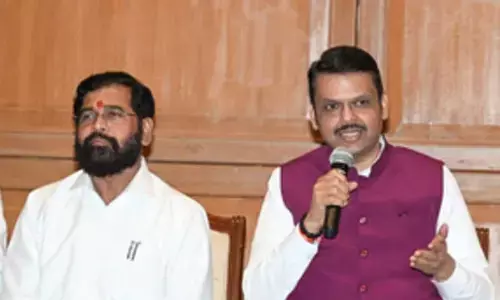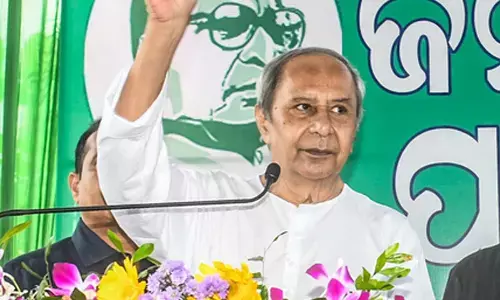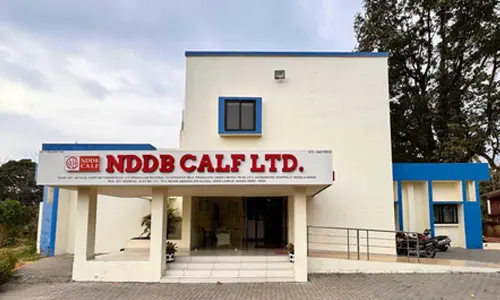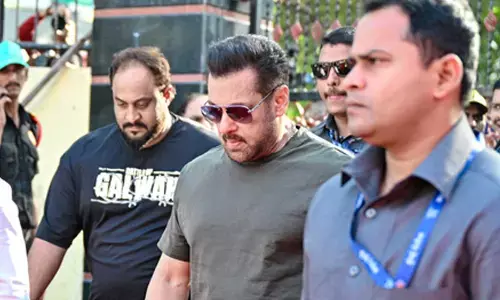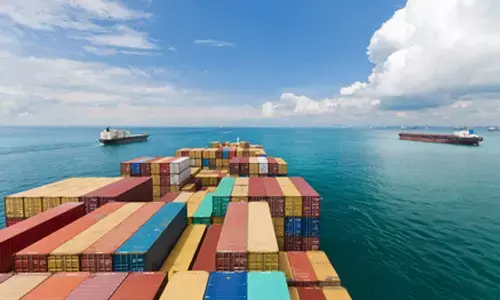Democracy triumphs in Iran
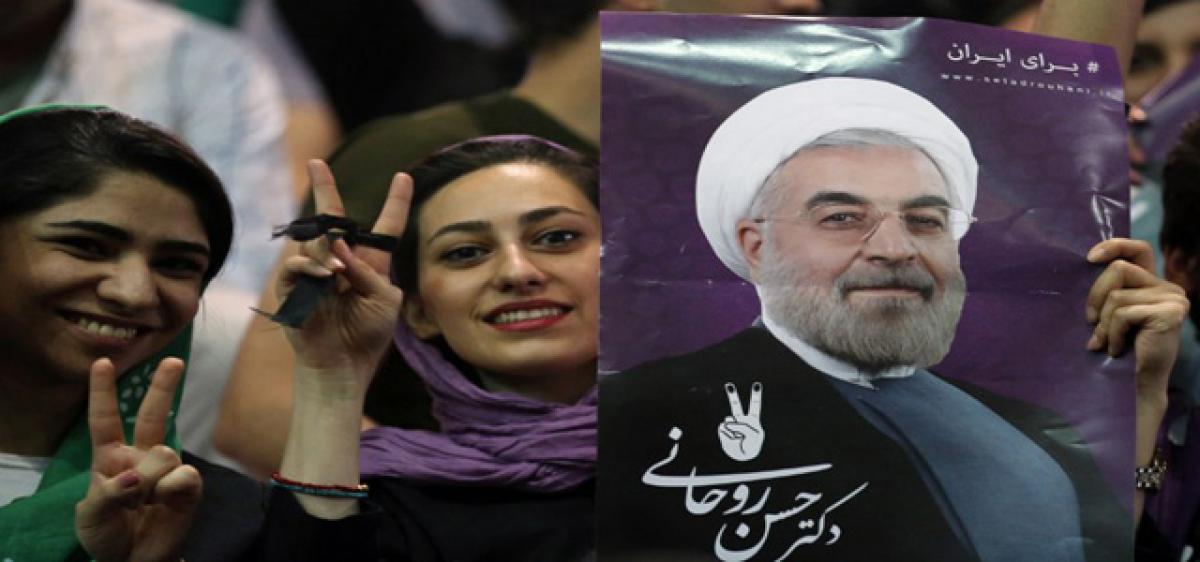
Re-election of Hassan Rouhani as the President of Iran for second time is a welcome step in the Asian geopolitical policy perspectives.
Re-election of Hassan Rouhani as the President of Iran for second time is a welcome step in the Asian geopolitical policy perspectives. Since 1980s, Iran has seen many turbulent times: long standing war with Iraq; straining of relations with the West and neighbours particularly Saudi Arabia; and economic sanctions which resulted into paralysation of economy.
When Rouhani became the President in 2013, he vowed that he would bring reforms in the system. True to his words, he strove for normalisation of relations with neighbours, particularly with Iraq, and negotiated with the West on the nuclear issue he was the chief nuclear negotiator during 2003-05 for Iran. Because of his negotiations, the economic sanctions imposed by West were lifted in 2015.
This lifting of economic sanctions provided the much-needed relief to the middle class rural people of Iran. In the just concluded elections, Rouhani secured around 57% of popular vote as compared to his opponent hardliner leader Embrahim Raisi. Out of 41.2 million total votes cast, Rouhani got 23.5 million votes. The electorate of Iran reimposed their faith in him because of his liberal policies in all spheres.
The election was seen by many as a verdict on Rouhani's policy of opening up Iran to the world and his efforts to rebuild its stagnant economy. Friday's poll was the first since he negotiated a historic deal with world powers in 2015 to curb the country's nuclear programme in exchange for sanctions relief.
In the campaign trail, Rouhani sought to frame the vote as a choice between greater civil liberties and "extremism," criticising the continued arrest of reformist leaders and activists. His stanch opponent Raisi, for his part, accused Rouhani of mismanaging the economy and positioned himself as a defender of the poor, calling for a much tougher line with the West.
Rouhani's re-election is likely to safeguard the 2015 agreement, under which most international sanctions have been lifted in return for Iran curbing its nuclear programme. Rouhani has vowed to work towards removing the remaining non-nuclear sanctions, but critics argue that will be hard to achieve, with Donald Trump as the US President.
Trump has repeatedly described 2015 deal as "one of the worst deals ever signed," although his administration re-authorised waivers from sanctions this week. Rouhani is also expected to face the same restrictions that prevented him from delivering substantial social change in his first term. Supreme leader Ayatollah Ali Khamenei has veto power over all policies and ultimate control of the security forces.
Rouhani has been unable to secure the release of reformist leaders namely Katami, former president of Iran, from house arrest. While the nuclear deal was at the forefront of the election, the campaign was dominated by the issues of poverty and unemployment. Rouhani brought inflation down from around 40 per cent when he took over in 2013, but prices are still rising by more than seven per cent a year.
As for the ties with India, both countries have maintained good and cordial ties since 1980s. During the reign of Rouhani, the ties became stronger and Modi further cemented them. India mainly imports oil from Iran and it exports a lot of products such as clothes, textiles, drugs, electrical and electronic products.
Iran is also a strong supporter of India for its bid for permanent membership in the Security Council of United Nations and also advocates freedom for Baluchistan from Pakistan. As the election results were announced, Modi was one of the first world leaders to congratulate him on his victory. Hasan Rouhani is still facing a lot of hurdles to cross in his second term from his hardliners from political parties, security forces and judiciary.
In spite of lifting of economic sanctions by the West, many international firms are hesitant to re-enter Iran for fear of renewed sanctions. As far as the ties with the United States are concerned, the Trump administration is not so happy with nuclear deal with Iran but somehow wanted to renegotiate the deal. (Writer is Head, University College of Law, Telangana University, Nizamabad)
Discuss how to avoid another 9/11 with Saudis, Trump told
Dubai (Reuters): Iran's foreign minister, Mohammad Javad Zarif, advised US President Donald Trump to discuss how to avoid another September 11 attack with the Saudi hosts of his first official visit abroad, Zarif wrote in an editorial published on Sunday.
Tehran and Riyadh are regional arch-rivals who accuse each other of sponsoring fundamentalist militias aligned to their competing sects of Islam in warzones across the Middle East. Critics of Saudi Arabia say its strict view of Islam fuels Sunni extremism, called takfir, and some even accuse the kingdom of responsibility for the September 11 attacks.
Saudi Arabia denies providing any support for the 19 hijackers - most of whom were Saudi citizens - who killed nearly 3,000 people in 2001. "(Trump) must enter into dialogue with them about ways to prevent terrorists and takfiris from continuing to fuel the fire in the region and repeating the likes of the September 11 incident by their sponsors in Western countries," Zarif wrote for the website of the London-based Al Araby Al-Jadeed news network.
At a campaign event last February, Trump himself suggested to supporters that the kingdom may be behind the attacks. "You will find out who really knocked down the World Trade Center because they have papers out there that are very secret. You may find it's the Saudis, okay, but you will find out." But since his election, Trump has put an end to his sharp commentary in public and on his twitter account about the key US ally and the world's top oil exporter.
By Dr Jetling Yellosa








